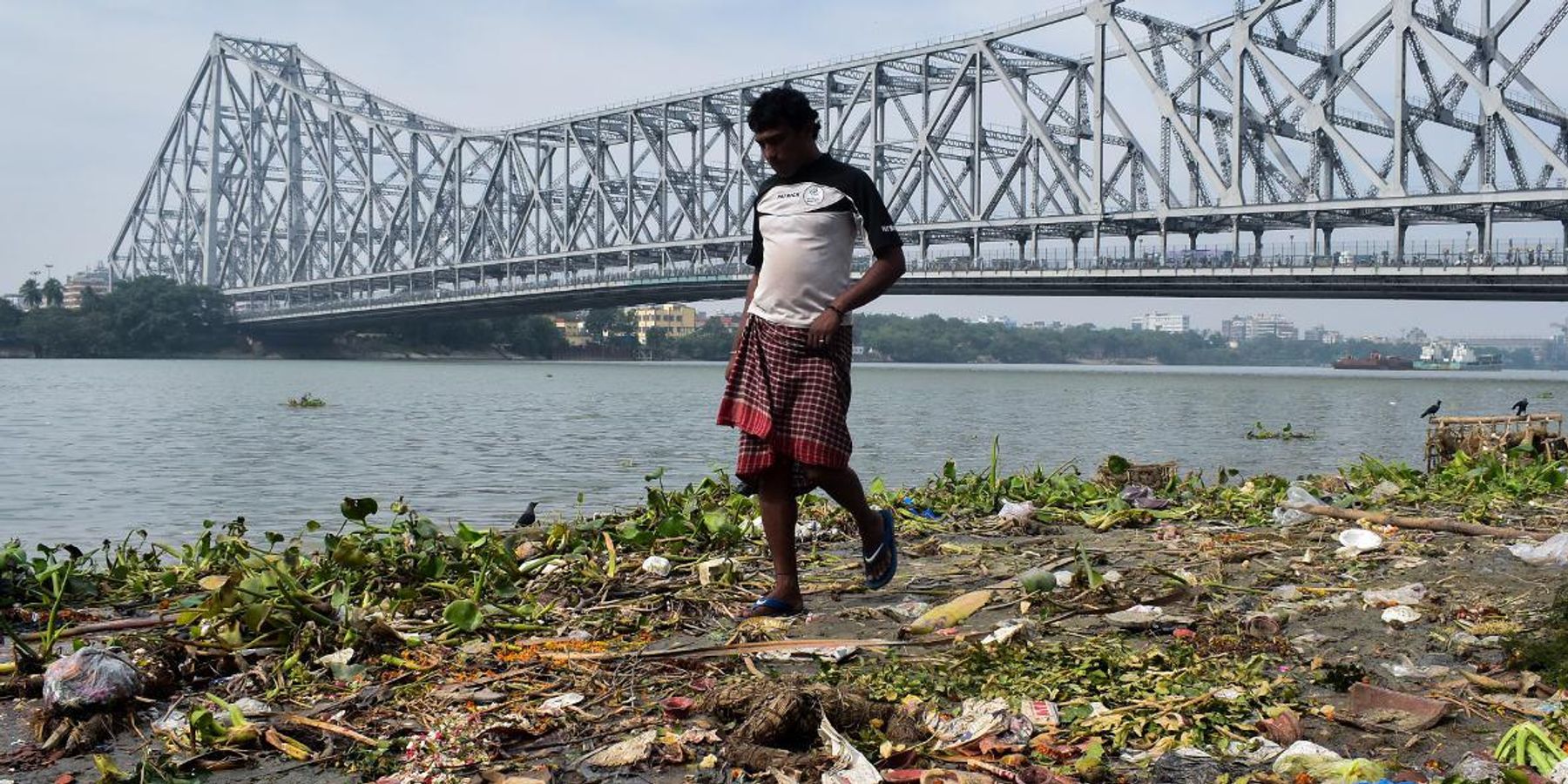
Racism, inequities move to the center of the climate debate
COVID-19 and Black Lives Matter protests threw underlying systemic inequity magnifying climate change impacts into sharp relief.
Systemic racism and inequity has always run as a powerful undercurrent through environmental and climate change impacts.
But it's taken a global pandemic and shifting political winds in the U.S. to connect environmental impacts with environmental justice in such a mainstream, widespread way.
That's according to three journalists at the frontlines of climate and environmental issues.
"COVID has changed everything," said Yessenia Funes of Atmos Magazine. "The silver lining is the growing recognition of public health inequities that are intimately entwined in the climate crisis."
Funes was joined Thursday by Somini Sengupta of the New York Times and Justin Worland of Time Magazine on a webinar hosted by Harvard University's Belfer Center Environment & Natural Resources Program. All three cover environmental justice.
Climate change is a particularly acute example: While air, water and toxic pollution hit vulnerable populations hardest, climate change drives the inequities even further. Acknowledging this, President Biden has made environmental justice a central element of his federal climate agenda (Read our overview on environmental justice here; view the Belfer Center's webinar video here).
Underlying environmental inequities

Environmental justice panel organized by Harvard University's Belfer Center Environment & Natural Resources Program.
In the past, national environmental groups would focus on, say, reducing harmful air emissions without thinking of equity or social justice, said Worland, who covers national climate policy for Time. Meanwhile social and racial justice groups would not focus on issues like asthma or air pollution. Today there's "an increasing degree of engagement, borne out of necessity," he said: To get either goal done, the groups need to build political pressure together.
The pandemic, of course, hit communities of color hardest, and that "lifted the lid" on underlying societal inequities, added Sengupta, who focuses on international environmental justice for the New York Times.
"Climate change is that magnified. Climate change ... forces us to confront how to do things better."
"There's no doubt in my mind that 2020—not just in the U.S. but globally—forced us to look at those underlying inequities," Sengupta added.
Indeed, a report issued last week by the Solutions Project found that mentions of communities of color in environmental coverage jumped from 2 percent in 2019 to 13 percent in 2020—a 500 percent increase. Among articles quoting a spokesperson or lawmaker about energy issues, more than half quoted a woman—"a clear tipping point" in the group's analyses since 2017.
The Biden Administration's "Justice40 Initiative" is also driving this, Worland noted. The President's Jan. 27 executive order on climate change stipulated that "40 percent of the overall benefits (of climate action) flow to disadvantaged communities."
"How that's defined is unclear—what does it mean to receive benefits, what's an underserved community?" Worland noted. "But it is a dramatic re-centering of the issues."
Banner photo credit: Abhyuday Majhi/Unsplash













